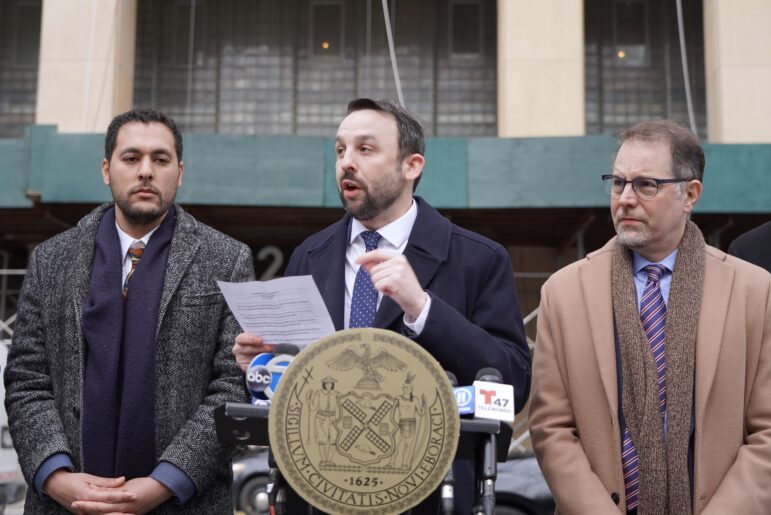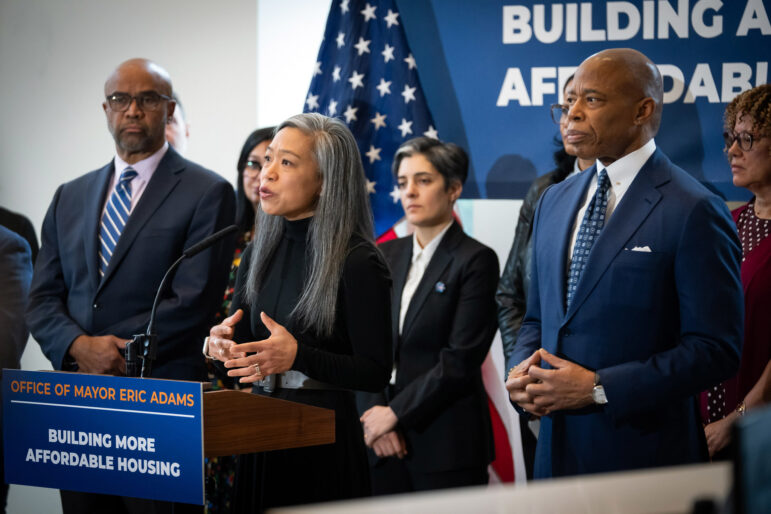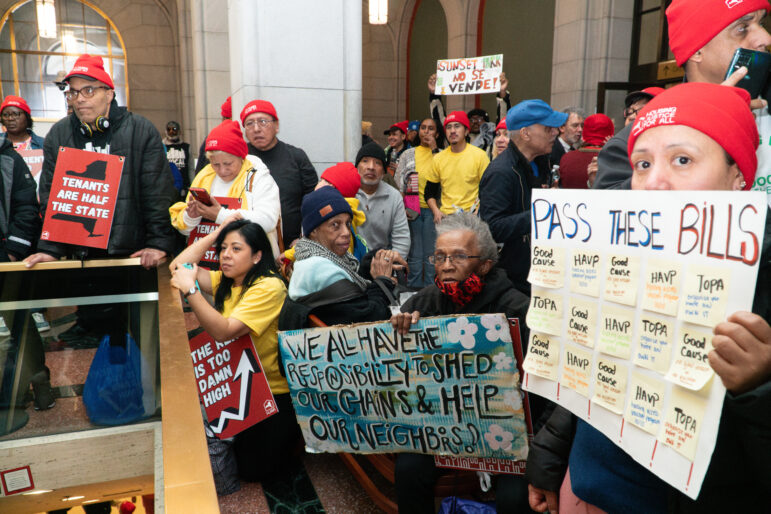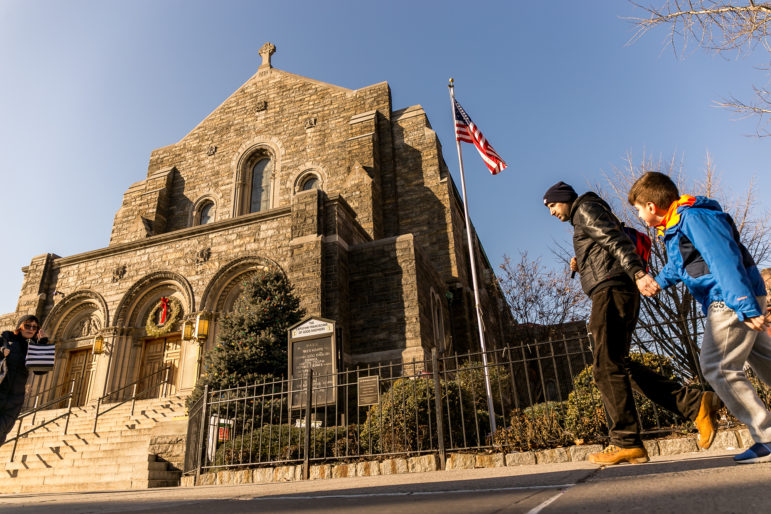Last fall, a Muslim businessman arrived at JFK International Airport ready to travel to Orlando. At the gate, a Delta Air Lines agent told him there was a “computer glitch” in his reservation and that it would take 40 minutes to fix. Until then, the agent told him, he could not board the flight.
Within a few minutes, uniformed police arrived. He spent the next two hours and 45 minutes in humiliating silence while a local police officer stood watch next to him in a waiting area. Police and airline officials never clearly explained his detention, prohibited him from using an airport restroom and, of course, forced him to miss his flight.
When police finally released him, they said he could return the next day to catch a flight to Florida. He did so, and was again detained, this time for 40 minutes, before finally boarding a plane.
This man’s story is one of dozens that the Electronic Privacy Information Center (EPIC), a Washington-based group, received from the federal Transportation Security Administration (TSA) in April in response to a lawsuit demanding details on a federal watch list, and on how and why airport officials decide to detain certain passengers.
“It really is profoundly disturbing that the government would operate a list like this in such a clearly shoddy manner,” says Mihir Kshirsagar, EPIC’s policy analyst. In another situation outlined in the written complaints the feds sent EPIC, an Arab-American former U.S. Navy officer said he was stopped and aggressively searched along with his son and grandson. In the case of the man bound for Orlando, he later learned his name was similar to one on the federal watch list.
Federal investigators have maintained lists of people considered a threat to airline security for years. In 1996, TSA created the Computer Assisted Passenger Prescreening System (CAPPS) to flag passengers whose names appear on lists of suspected terrorists or suspicious characters for extra scrutiny before boarding commercial flights.
The agency admits the existing system is not perfect. Sometimes, say TSA officials, people may face additional scrutiny because they have names similar to those on the no-fly list. “We do understand that sometimes those databases have errors in them,” says TSA spokesperson Brian Turmail.
Now the feds are out to change the public perception that passengers are arbitrarily searched–and their solution may create even more controversy.
Since March, TSA has been working with Delta at three undisclosed U.S. airports to test a screening system that will run a background check on every passenger who buys a ticket.
Under CAPPS II, anyone buying an airline ticket will be asked for his or her name, address, date of birth, and telephone number. The system will run that information through government and commercial databases that could include banking, credit and criminal records to determine whether the passenger can board the flight.
The agency has a lot of convincing to do, though. First, there is the financial justification. Before Congress agrees to make the $35 million investment in a full-blown rollout of CAPPS II, the Office of Management and Budget has suggested TSA make a “valid business case” that the new system will enhance government’s ability to detect terrorists.
In the meantime, privacy advocates like EPIC and the American Civil Liberties Union are taking things into their own hands. They are part of a coalition–which also includes conservative groups like the Eagle Forum and the Christian Coalition–demanding a full accounting of how CAPPS II will work. The ACLU in northern California recently sued the feds for details on how the no-fly list is compiled, and organization officials are collecting complaints from other passengers who could form the basis for additional litigation.
Barbara Olshansky hopes these efforts succeed. Over the past 18 months, National Guard troops have stopped and searched her–forcing her to drop her pants–on three separate occasions in New York and Washington, D.C. airports. “Everyone who got through the gate got to see my lovely underwear,” Olshansky recalls.
As assistant legal director of the New York-based Center for Constitutional Rights, Olshansky believes it’s not just a coincidence that she and several of her colleagues have been stopped. The center has actively challenged the Bush administration’s detention of hundreds of suspected Afghan and Al Qaeda fighters at Guantanamo Bay and has filed briefs against secret immigration hearings in New Jersey and Michigan.
“Are they using national security to harass people?” asks Olshansky. “It just makes me really wonder.”
David Jones is a fellow for the Independent Press Association’s George Washington Williams Fellowship for Journalists of Color.








